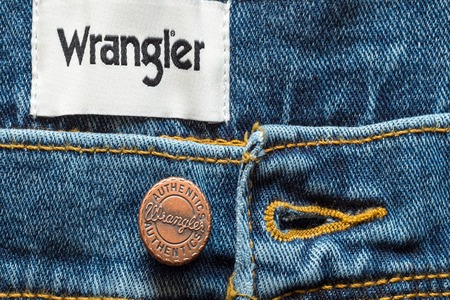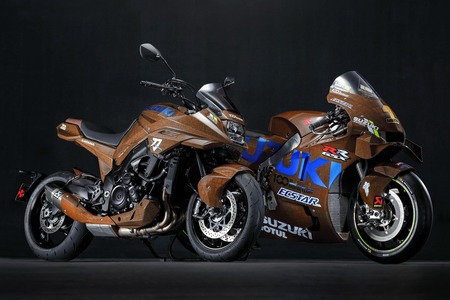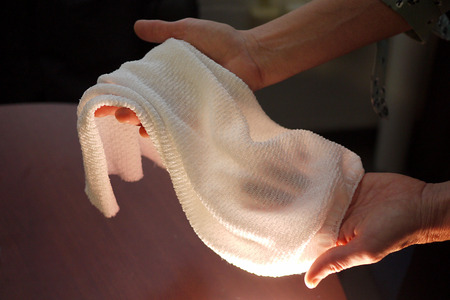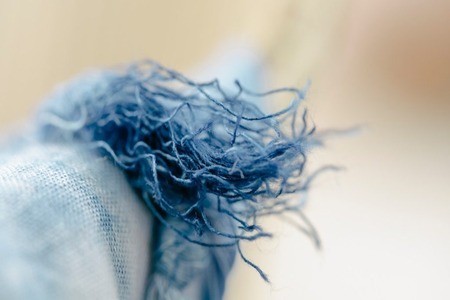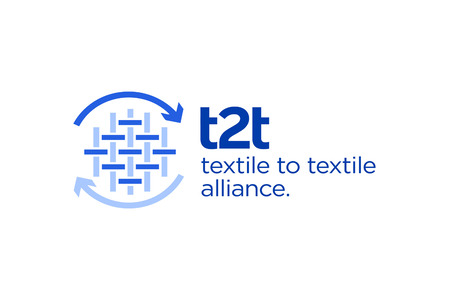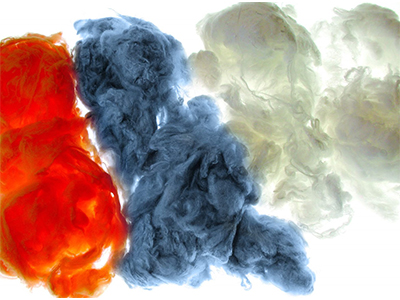
Sustainable trims flood the denim industry
YarnsandFibers News Bureau 2020-08-31 12:55:57 – USAThe various components of a pair of jeans such as rivets, zippers and labels are some important distinguishers of denim brands. Although they are small in size they are significant to the brand identifiers.
Tricia Carey, director of global business development-denim at Lenzing stated that a pair of premium jeans can consume several hundred meters of sewing threads and that the zipper industry alone was worth $13 billion in sales per year.
She claims that if the elements like thread, interring and labels were overlooked they could add to the environmental footprint of a garment. Many brands have imposed false sustainable claims as they try to cope with the demand. In order to ensure that a product is sustainable, every element of that product needs to be environmentally friendly.
The current situation has driven many companies to re-evaluate their trim strategies. Trim suppliers have introduced classic jeans trims like brevets, buttons, zippers and back patches made with clean, upcycled, or recycled materials and processes. As far as trims are concerned, responsible manufacturing is the way ahead for trim makers.
Vitor Teixeira, Crafil sales executive stated that they are finding alternatives to adapt to changing times. Around 80% of Portugal’s trim production is dedicated to denim.
Aruza Turgay, Coat's global accounts manager stated that An ensured laser cut finishing technology which is 100% recycled polyester threads are among the products the company is innovating in response to the industrial shift towards sustainability.
Similarly, printing techniques and products that can withstand harsh wash tests, like labels and tags that require to retain their quality have been a part of Avery Dennison’s long-time R&D. Their focus has been toward decreasing the utilization of chemical and natural-resource intensive products.
Market Intelligence
Ask for free sample Report

experience
Customer Base
dedicated team
Countries Served Worldwide




